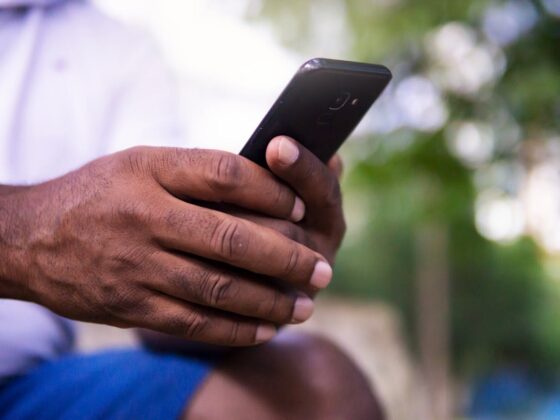
2020 has been a challenging year. In 2021, the challenge of the COVID-19 pandemic remains, despite the emergence of vaccines. There are additional problems to overcome as we strive to reunite our society and tackle the looming threat of climate change. This isn’t a time for despair, however – it’s a time of opportunity. As we rebuild, we can do things in new, better ways – and that begins with becoming better people ourselves.
Shared experience builds empathy
With the world’s population now at 7.8 billion, it’s more important than ever that we try to understand one another, yet it can be difficult to find things we all have in common. In fact, in recent years, scientists have found that the average American’s empathy seems to be decreasing. There is hope, however. While around 10% of people will always struggle to empathize with others due to various psychological differences, approximately 20% feel strong empathy, which doesn’t seem to be affected by social trends, and the remaining 70% can be taught.
There is no better teacher than experience. Although the pandemic has caused a lot of suffering, the shared experience of that suffering has helped people to relate to one another, right across the world. In this way, it’s similar to childbirth, which many women feel bonds them to other mothers regardless of circumstance. Very few things affect us this strongly on a global scale, and we can take something positive from the experience, using it to bring us together emotionally.
We’re discovering that we need each other
A common criticism of Western societies leveled in other parts of the world is that we don’t look out for each other and recognize each other’s value. We tend to think of ourselves as a collection of individuals rather than recognizing our interconnectedness. By contrast, Zulu people believe that umuntu ngumuntu ngabantu – that we exist as people through our interactions with other people. That not only helps to build empathy but promotes an approach to working together and drawing on one another’s strengths. That’s precisely what we need to solve big problems like social breakdown and climate change.
If you’ve read Patrick James Trico writing about immigration, you’ll be aware that immigrants contribute a massive amount to our economy. However, many people are ignorant of this and take a hostile stance towards them, which does nobody any good. As we work together to rebuild our economy, we can no longer afford such prejudices. We need to make room for everybody to contribute, which means making other adjustments, such as adapting workplaces to create more opportunities for disabled people.
We’ve stopped taking good things for granted
There’s nothing like losing something you love to make you realize how much it mattered to you. The past year has been marked by an intense sense of loss and frustration. Not just because of the people who have disappeared from our lives, but because of the restrictions we have faced. As we rebuild, we’re going to discover the other side of that. Everything from being able to rely on a regular paycheck to drawing in a deep breath of fresh air with no mask in the way will reveal its real value. We’ll discover the joy of day-to-day experiences that we never really paid attention to in the past.
The simple act of taking pleasure in life might seem inherently self-centered, but what science teaches us is that feeling good about our circumstances – especially if we have suffered in the past – makes us kinder towards other people. It gives us a deeper appreciation of the difference that little things can make, whether that’s helping a neighbor with yard work or simply saying hello in the street. It helps us to understand why it matters when – for any number of reasons – other people miss out on the simple pleasures that are ours to enjoy.
We’re spending more time listening
Lockdown and other restrictions have made most of us less active. We have replaced missed social opportunities with listening and reading more and being more adventurous in the art and entertainment we explore. That has helped us to encounter more new ways of thinking and has helped to counter a pre-existing trend towards spending more time in social bubbles with people who think the same way we do. Listening doesn’t have to mean agreeing or endorsing, but the better we can understand each other’s reasons and concerns, the easier it is for us to find positive ways of moving forward together.
There are significant challenges ahead that are becoming more and more apparent with the passing of time. We need to make some big structural changes to our society to tackle them, but that’s only possible if we look first at ourselves. If we make an effort to understand each other and seek opportunities to acquire new knowledge and skills, and if we commit ourselves to make a difference, 2021 could be a much better year than 2020. We can’t afford to miss the opportunities.







